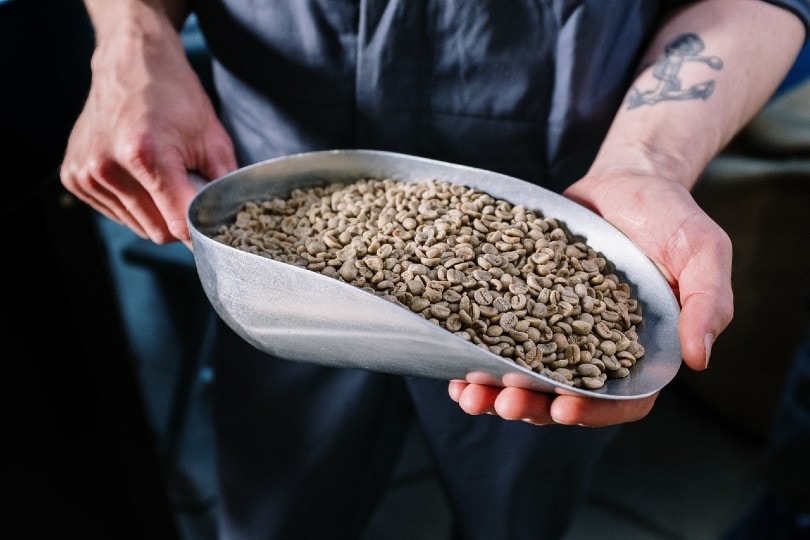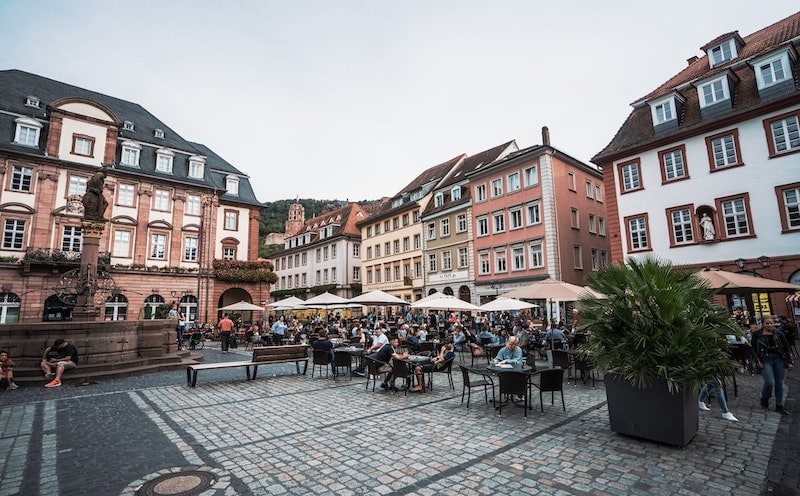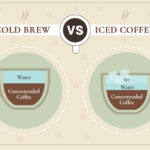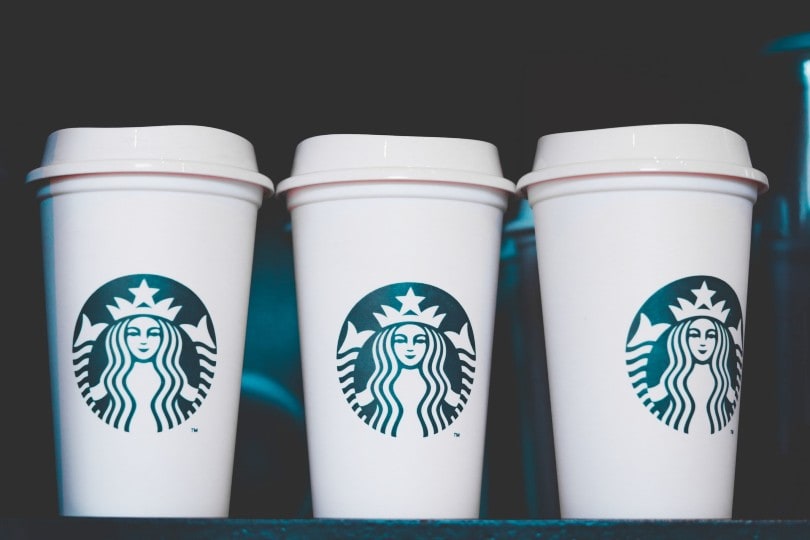
The pantheon of coffee-producing countries has members from around the globe. There is Brazil and Colombia in South America, Kenya and Ethiopia in Africa, Indonesia and Sumatra in the Pacific, and countless other high-quality coffee producers scattered worldwide. One country that is unlikely to cross your mind when thinking about coffee is Germany.
In this article, we are going to teach you everything we know about German coffee. We will discuss what kinds of German coffee exist, which to choose to suit your taste, and specific companies to look for if you’re interested in trying German coffee. While German coffee isn’t as famous as German beer, hopefully, we’ll convince you that it’s worth a look by the time we’re finished. Let’s get started.
What Is German Coffee?
You might think this is a silly question. German coffee is coffee from Germany, obviously. The tricky bit is disentangling what we mean by German coffee since Germany doesn’t grow its coffee. Virtually all of the world’s coffee is grown in the coffee belt, a narrow strip of latitudes encircling the globe between the tropics of Cancer and Capricorn. Notably, Germany is not a tropical country and, therefore, does not produce coffee.
Coffee needs a hot, humid climate with plenty of rainfall, making Germany a poorly suited country for growing coffee. Comparing German Coffee to Colombian coffee, for example, doesn’t make sense since it’s like comparing apples to oranges. German coffee gets its unique characteristics from post-processing rather than growing techniques or special ecological factors.
A large part of a coffee bean’s flavor comes from how it is grown, but how the coffee is roasted and prepared is also important. It is during this post-growing phase that German coffee takes on a different character than coffee from other regions. German coffee could be made with Colombian beans Kenyan beans, or any other origin’s beans, and it would still be considered German coffee because of the way it is prepared.

German Roast Coffee
If you’ve been a coffee drinker for some time, you’ve probably heard of French roast and Italian roast coffee. There are also Austrian roasts and Vienna roasts, but usually, you won’t find a coffee shop or roaster that offers a German roast. This is because German roasts are often mild, middle-of-the-road roasts that don’t stand out on their own. While a French roast might be bold and dark and an Italian roast smooth and chocolatey, a German roast often just tastes like “regular” coffee.
We want to emphasize that there is nothing wrong with being “regular” coffee, but it explains why you won’t hear someone ordering a pour-over with the German roast at your favorite coffee spot.

German Coffee Brands
German coffee is in an interesting spot lately, where only a few brands control more than 85% of the coffee sold in the country. Ultimately, this means there is less variety in styles and quality than there appears to be at first glance.
The most popular and highly-regarded German coffee brand is Dallmayr. They offer a variety of different Arabica coffees from origins like Ethiopia, Kona, and Jamaica. They subscribe to the traditional mild German roasting tradition and produce understated but flavor-packed roasts. In general, you can expect Dallmayr coffee to be consistent from one bag to the next and slightly milder than the corresponding style from a non-German roaster.
Another popular German coffee brand is Tchibo, which comes from a portmanteau of Tchilinghiryan, one of the founder’s names, and bohnen, the German word for bean. They sell ground coffee and whole coffee beans, and coffee brewing equipment and have an online store you can visit if you want to try their coffee from outside of Germany.
One final German coffee brand we’ll highlight is EduScho. Compared to Tchibo and Dallmayr, EduScho is slightly lower quality coffee, but not by much. EduScho is usually a bit cheaper than other brands to make up for the lower quality and is a good option to get a sense of authentic German coffee. Like Dallmayr and Tchibo, don’t expect a strong, bold cup from EduScho as their coffee is roasted to be light and easily drinkable.
German Coffee Conclusion
Germany is known for beer, cars, and engineering prowess rather than for producing high-quality coffee. German coffee is significantly milder than other countries’ roasts, but that doesn’t make it bad. If you want a stripped-down, pure coffee experience, German coffee is a good choice since the roaster takes a back seat to the farmer and lets the bean do the work.
If you’re a fan of big, in-your-face roasts packed with malty flavors, you probably won’t love German coffee. But, on the other hand, if you go in with the right expectations and curiosity for trying a more reserved style of coffee, you’ll be more likely to enjoy it.
SEE ALSO: How to Make Eiskaffee (German Ice Cream Coffee)
Featured Image Credit: silviarita, Pixabay















